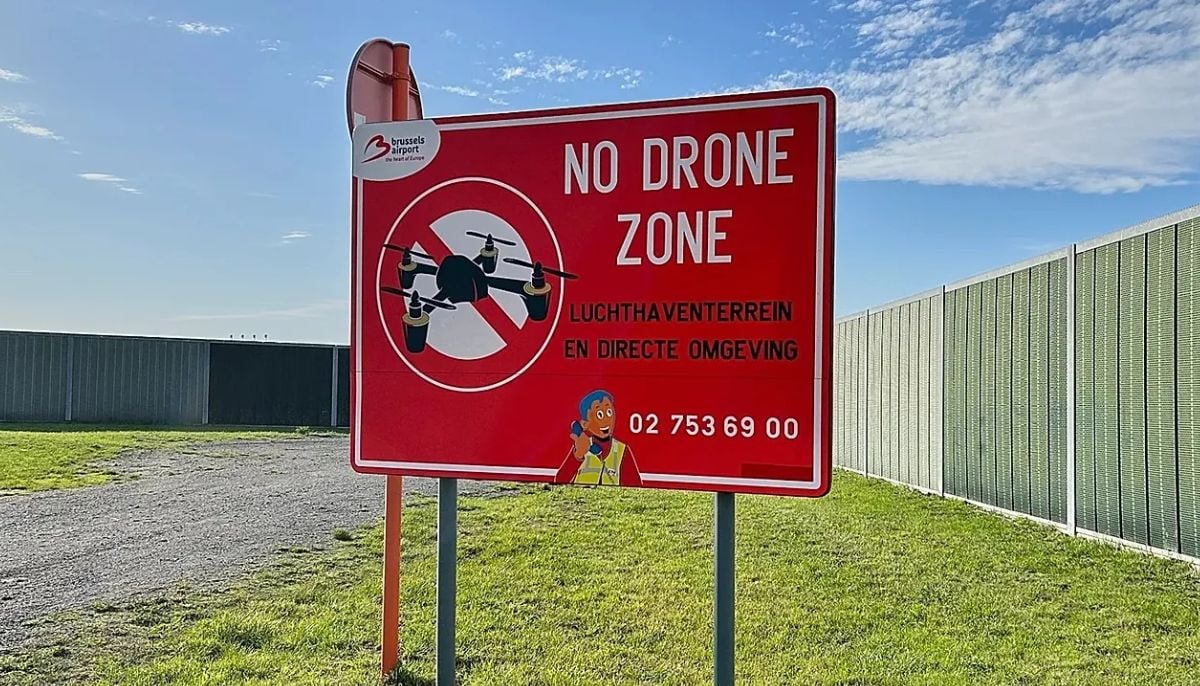Strong 7.4 magnitude earthquake strikes Tonga region in US
Authorities examined the offshore recorded tremor for potential tsunami risk.
Tonga was struck by a powerful 7.4 magnitude earthquake, leading authorities to evaluate the potential for a tsunami. However, no warning was issued, bringing relief to coastal areas.
Authorities promptly assessed the situation, underscoring the importance of robust monitoring systems in evaluating potential risks and enhancing earthquake preparedness measures.
This seismic event serves as a stark reminder of the unpredictable nature of earthquakes and the continuous need for research to improve our understanding and forecasting capabilities. The data gathered from this event will be invaluable in studying seismic activity, enabling scientists and authorities to develop more effective strategies to mitigate the impact of future earthquakes. By comprehensively analyzing the collected information, researchers can refine existing models and techniques, ultimately enhancing our ability to predict and respond to seismic events.
The occurrence of this earthquake emphasizes the importance of proactive measures in enhancing community resilience. Preparedness efforts, including early warning systems, emergency response plans, and public awareness campaigns, are vital in minimizing the potential risks associated with earthquakes. Through ongoing research, improved monitoring technologies, and community engagement, we can work towards building more resilient societies that can effectively respond to and recover from seismic events.
-
Thai school shooting: Gunman opened fire at school in southern Thailand holding teachers, students hostage
-
Maxwell could get 'shot in the back of the head' if released: US congressman
-
New EU strategy aims to curb threat of malicious drones
-
Nancy Guthrie abduction: Piers Morgan reacts to 'massive breakthrough' in baffling case
-
Texas father guns down daughter after heated Trump argument
-
FAA shuts down El Paso Airport, flights suspended for 10 days: Here’s why
-
Teacher abused children worldwide for 55 years, kept USB log of assaults
-
Savannah Guthrie expresses fresh hope as person detained for questioning over kidnapping of Nancy












